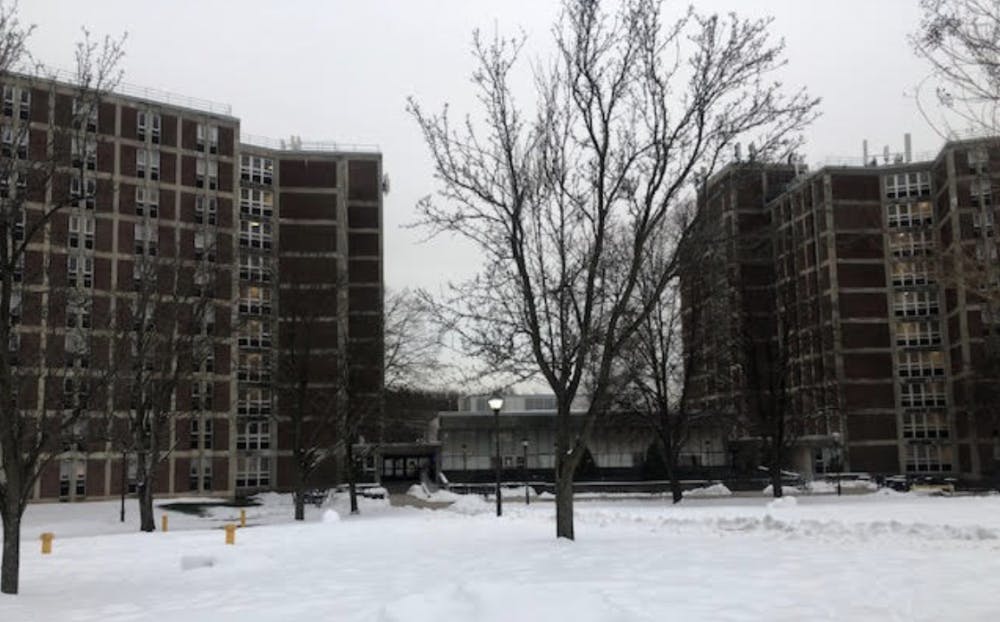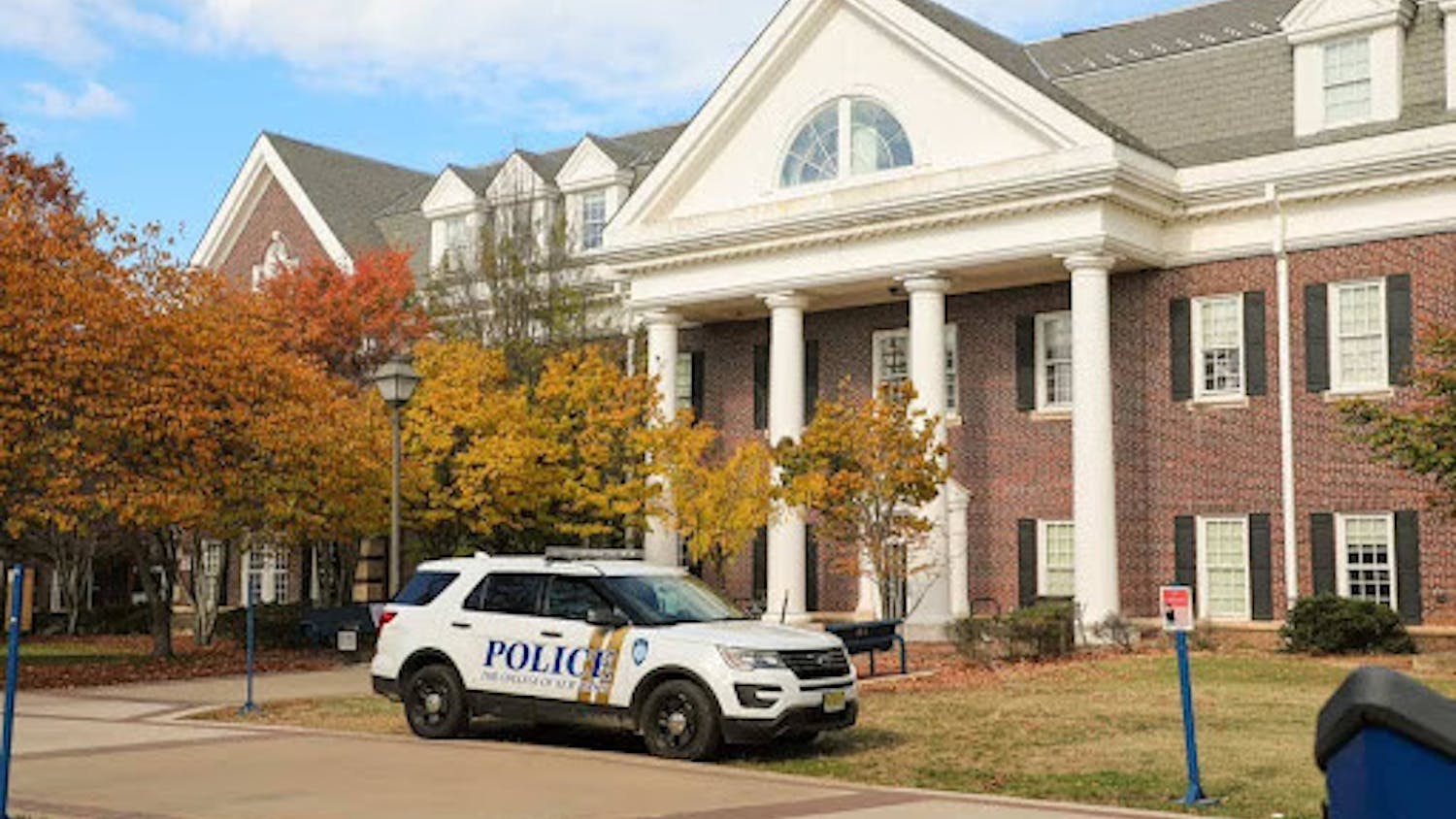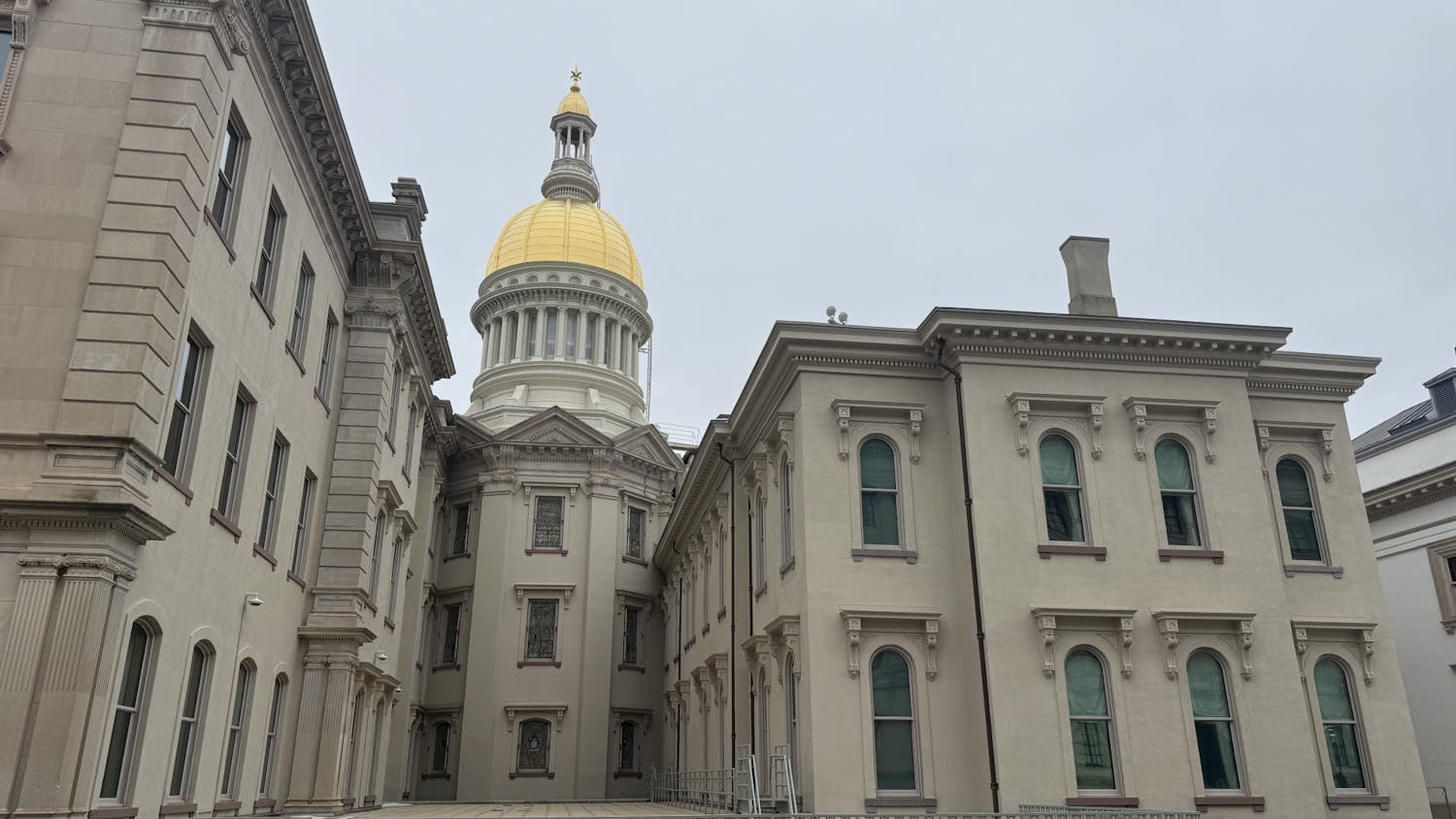By Jax DiEugenio
Staff Writer
As students are settling into their first semester on campus since removal last spring, the Covid-19 pandemic has continued to force the College to strictly dictate life on campus.
Maintaining a high standard of safety in this challenging atmosphere, the College has instituted various safety programs to ensure the health and wellbeing of all who maneuver around campus.
However, on the second night back to campus, a 50-student snowball fight broke out on the lawn outside of Travers and Wolfe Towers, serving as the first super-spreader event that took place prior to what would become a 29-student Covid-19 outbreak.
Freshman elementary education major Jennifer Flatley witnessed the snowball fight and shortly after was informed by contact tracers that she had been in close contact with a student who tested positive for Covid-19.
“Even though it was outside, at least 50 kids were closely huddled together, and many of them did not have masks fully on,” Flatley said.
While the College has restricted nearly all aspects of indoor gatherings, impromptu outdoor activities such as the snowball fight and the risks they propose have not garnered as much attention.
When asked if any College administration or CAs intervened at the time of the snowball fight, Flatley noted, “There was absolutely no staff or no CAs anywhere outside at that time, and it lasted for about an hour before students started to disperse on their own.”
But how many positive cases can be traced back to the snowball fight? The answer is unclear and students may never fully know, but is a snowball effect into a major outbreak possible?
Flatley, who has since been identified and isolated for contact tracing, said yes, explaining, “It was not very spread out… I think a lot of the documented cases could have definitely resulted from the snowball fight.”
Flatley expressed her uncomfortable experiences with the contact tracing process, stating, “The staff seemed to be confused with the events occurring, and simply told me to have my belongings packed, and that I would be notified at an anonymous time for when and where I would be moving to.”
Frustrated and frantic in the midst of her first week on campus, Flatley was left without solace. “I received a call stating that I was exposed to a deadly virus, and having to pack up and relocate the first few days into the semester was mentally and physically exhausting,” she said. “TCNJ needs to provide support and comfort to all students during this unfortunate process.”
In response to the complaints of a lack of transparent and effective information during this difficult time, Rafia Siddiq, the College’s contact tracing coordinator and Strategic Health & Wellness Specialist mentioned, “We find that many students want to know the circumstances in which they are exposed and we are required to keep that information confidential.”
Explaining the general procedures of contract tracing, Siddiq added, “Whether contacted by TCNJ or your local health department, you will never be told why or who you may be a close contact of, and that is to protect the private medical information of the confirmed positive case.”
Empathetic, however, to this lack of information, Siddiq mentioned, “While students may find this frustrating, our contact tracers have done a wonderful job at still trying to gather critical information to lessen the spread of this virus on our campus.”
Expanding upon the contact tracing protocol in greater depth Siddiq explained, “Our Covid Outreach Team is a group of TCNJ students who have received training through John Hopkins as well as additional training following our TCNJ protocols. In addition, the protocol that we utilize has been reviewed and the information collected is utilized by our local health department.”
Other possibilities that may link to the spread of Covid-19 at the College are a lack of compliance from students. While the protocol has been outlined under “Roscoe’s Pledge” it is clear that the pledge is not being honored by all members of the community.

The College’s Covid-19 Safety protocols that are outlined on their website requests that students are compliant with safe health practices, social distancing guidelines, the daily self check-up feature on the TCNJ Roar App, as well as scanning the QR codes marked on doors throughout campus buildings. All are integral in the contact tracing and illness prevention processes.
Sharon Blanton, the Vice President for Operations at the College, provided further insight into the contact tracing practices in place, stating, “The whole point of the scan is to try to identify close contacts. It is most important to do the scanning when you are going to be in a space for at least 15 minutes and within 6 feet of another person.”
While many students are adhering to the scanning procedure, some students often forget to scan when entering a building or simply choose not to. In areas such as Eickhoff dining hall, College employees require all students to scan before entering, however, in non-staffed areas such as bathrooms, students have the opportunity to bypass this.
These grey areas in the protocols are facets of pandemic campus life that are difficult to predict as moments like the snowball fight happen spontaneously, yet still pose a threat.
After her confusing first experience with the College’s contact tracing protocol and isolation placement, Flatley went on to explain what happened after being placed in the New Residence Hall isolation space.
She stated, “To move into my new location on campus, they provided me with a moving cart, but no direction on where to go or what accommodations they would provide once I was there…”
Flatley went on to discuss how the information she collected came from her friends who were also in isolation.
Describing her “Sick Tray” experience while isolated in the New Residence Hall, Flatley mentioned, “It is mandatory for the students to order their meals 12 hours in advance, but it is not guaranteed that the food will come at the time it is requested.”
Reflecting on her contact tracing experience as a whole, Flatley offered a final message to staff and administration.
“TCNJ staff needs to be more clear on what to do if students are tested positive or contact traced while giving reasonings instead of demands,” she said. “TCNJ needs to provide support and comfort to all students during this unfortunate process.”







